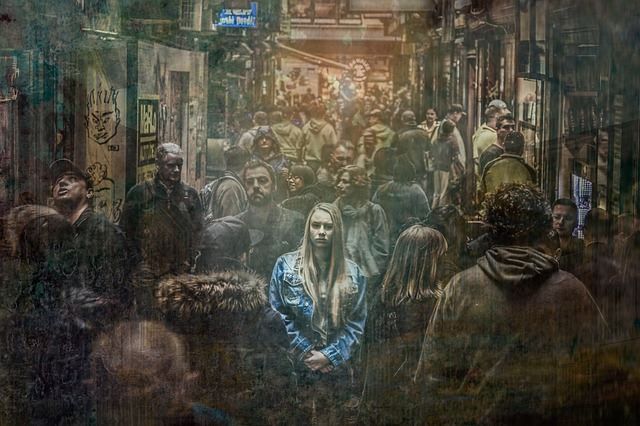The Silent Pandemic: Understanding and Addressing Depression in Society
Discover the impact of depression on individuals and society, the importance of seeking help, and the role of preventive and interventional actions with expert insight. Learn about depression as a disorder, condition, and state.





